MOVIE REVIEW – For a famous historical figure, Napoleon has made only a fleeting appearance on film since Abel Gance’s 1927 silent film. Stanley Kubrick had grand plans for a Napoleon epic, but it was never made. Steven Spielberg is now trying to revive those plans in the form of a series. Napoleon and his two-cornered hat, more an icon of history than a real character, usually only appear in adventure films and science fiction for time-traveling youngsters, such as Time Bandits or the brilliant adventure of Bill and Ted. We updated this review with the director’s cut of the movie, which became an equally important new version, shaking up the over-edited first version in many ways, as we saw with Kingdom of Heaven.
Ridley Scott’s director’s cut of last year’s Napoleon, starring Joaquin Phoenix, stretched the original two-hour-and-38-minute biopic to nearly three-and-a-half hours. But the point remains the same: a historical spectacle of bloody European battles and grand military maneuvers centered on the two main characters, Napoleon (Joaquin Phoenix) and Josephine (Vanessa Kirby).
What did the Director’s Cut add?
The theatrical version of Napoleon includes some of the most important battles Napoleon fought, but the Director’s Cut adds one more battle. The Battle of Marengo is one of several additions to the extended cut, although it is relatively short compared to other battle scenes such as the Battle of Austerlitz. The Battle of Marengo, which took place in 1800, pits Napoleon’s forces against the Austrian army in Italy, and the battle is ultimately a narrow French victory.
In the Director’s Cut of Napoleon, we also see Josephine’s life during the Revolution, an unprecedented assassination attempt, the conspiracy in the rue Saint-Nicaise, and a new perspective on Napoleon’s failed invasion of Russia. Another important addition to the Director’s Cut is several scenes of Napoleon and Josephine that further develop their tumultuous relationship, provide additional context, and reveal how the title character felt about the Emperor behind closed doors.
Scott did not bow down to Napoleon, to put it mildly
But let us not confuse Napoleon with an ordinary historical epic. From the beginning of the movie, you get the sense that this may not be an epic glorification of history’s legendary warlords and statesmen, especially Bonaparte, who leads a 24-year siege against the British troops controlling the port city of Toulon. When Napoleon, then a major, advances during the historic battle in question, he is visibly terrified, even panting as he charges. He looks more like Phoenix’s angst-ridden protagonist in What We Fear than the man who would become Emperor of France. Instead of storming the gates, Napoleon staggers frantically toward them.
And for the rest of Scott’s movie and Phoenix’s riveting performance, Napoleon’s actions will never be more complicated. He seizes power with ease. His 1799 coup against the French Directory is a farce in disguise. He throws his armies around the continent without the slightest concern. Prone to petulant tantrums, he shouts at the British, “You think you’re so great because you have ships!”
“Napoleon” is more the theory of the not-so-great man of history. This Napoleon is neither exceptional nor a great man. (I mean, except that he was short.) He is a boyishly impulsive, easily provoked, egotistical to the extreme who runs across Europe as a general, leaving behind bloody battlefields and mountains of dead soldiers. When he learns over lunch during a campaign in Egypt that his wife Joséphine (Vanessa Kirby) is having an affair in Paris, he curtly replies to the messenger, “No dessert for you.”
The battle scenes are breathtaking
Unfortunately, Scott’s movie is far from perfect, neither as a faithful work of history nor as fiction… Phoenix’s characterization sometimes has more in common with some of his earlier portrayals of melancholic and more or less psychopathic characters (The Master, The Joker) than with the factual record of Napoleon. One would think that a quality like ambition would be prominent in Napoleon’s portrayal. He was a notorious workaholic, meticulously organized, and an energetic intellectual – little of which is present here, which is problematic not only because it does not fit with what we know of Napoleon from the history books, but also because it makes it less clear how he was able to achieve such power.
But that is part of the point of “Napoleon,” which certainly has some contemporary resonance. There are, of course, many characters in the movie who help him for their own sake (the supporting cast includes Paul Rhys as the scheming diplomat Talleyrand), as the movie moves through such important events as the fall of Robespierre, the coup of 1799, Napoleon’s investiture as emperor in 1804, and the triumph at the Battle of Austerlitz. The latter is Scott’s finest battle scene in the movie, ending with the Russian troops fleeing across a frozen lake as a bombardment of cannon fire plunges them into an icy grave. This is the scene that makes this movie a must-see for any fan of war or history. The original version had only three of these epic battle sequences, but the director’s cut adds one more, making the new version much more substantial in this respect, and the battles in the film seemed longer.
Behind every historical celebrity was a woman – a bit too much here…
In David Scarpa’s screenplay, however, Napoleon is not a series of battles, but the story is carried through to the famous final battle, which we know from history books took place at Waterloo. (In this scene, Rupert Everett’s sarcastic Duke of Wellington recounts the military tactics.) In fact, it is the relationship between Napoleon and Josephine that is the main thread, and unfortunately (like Napoleon) the movie’s greatest weakness.
When he first sees her at a crowded party, he stares at her with a haunted expression. Of course, any of the men would be like that. Kirby is sexier and more voluptuous than ever, dazzling men with her enormous cleavage as the mighty Josephine and, of course, the phoenix-like Napoleon, with whom she rivals for Napoleon’s most powerful presence. She has complete control over Napoleon, who turns out to be as wild in the bedroom as he is in the company. When he returns from Egypt, enraged by the well-known rumors of her infidelity, they have a long argument that ends with her turning the tables on him. “Without me, you are nothing,” she repeats to him, and he cringes happily. Although this scene is really very good, there is too much nagging between Napoleon and Josephine and it overpowers the movie.
Josephine is omnipresent for a long time – he keeps writing her letters from the battlefield, which she tells us about – but Napoleon never finds a balance between their life together and the military exploits he has to cut. Although Napoleon in the original version did not strike the right balance between their life together and military exploits and failures, I no longer felt this thanks to the extended battle and political scenes. It should also be added that the director’s cut gives a better account of Josephine’s background and a better understanding of her initial motivations and Napoleon’s Irish-infused emotions (or lack of them at first).
The director’s cut is more provocative and exciting, and the extra content makes it a more rounded whole
The 85-year-old Scott – himself a symbol of unending ambition – has made a film that, like his previous film The Last Duel, is a revealing and provocative work about the overused and destructive power of men. Scott has made many macho, flamboyant epics – including Gladiator, in which Oscar-nominated Phoenix played the Roman emperor Commodus. But even if everything doesn’t add up in Napoleon, the film is somehow irresistibly exciting – both visually and in its stark degradation of its protagonist. While the original cut was inferior to The Last Duel, this new version is, in my opinion, more than up to it: we understand Jozefina much better and her character is much more complete, but the same can be said of the title character Napoleon, who in the added scenes we also get to see his more ambitious, heroic, cunning qualities (for example in the new battle scene), while the tragedies he has suffered, or in Russia, his more negative, destructive qualities, are also revealed.
The strangest thing is that while I found the original version a bit boring at times, I enjoyed every minute of the 48-minute encore version and never lost interest for a single minute, so much the more rounded whole this great new version is. Too bad we didn’t get to see this first…
-Gergely Herpai (BadSector)-
Napoleon
Direction - 7.6
Actors - 7.5
Story - 7.2
Visuals/Music/Sounds - 8.5
Ambience - 7.4
7.6
GOOD
Ridley Scott's "Napoleon," starring Joaquin Phoenix, is a visually stunning but controversial biographical drama. The film does not idealize Napoleon, but portrays him as an impulsive and egotistical man who left a legacy of bloody battlefields. Although the battle scenes are impressive, the film's flaws include overly dramatized, somewhat soap-opera-like private scenes and historical inaccuracies. Overall, however, the movie is a fascinating piece that raises provocative questions about the nature of power and ambition.

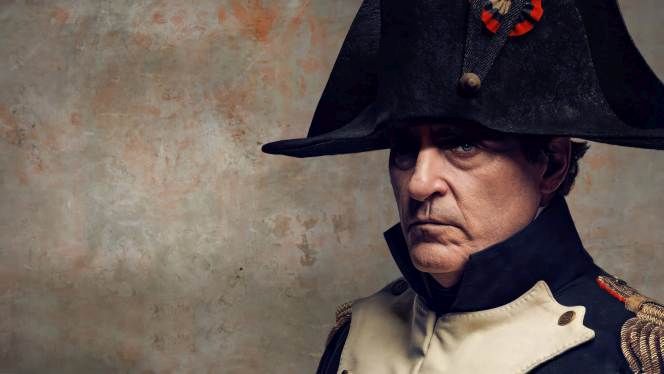
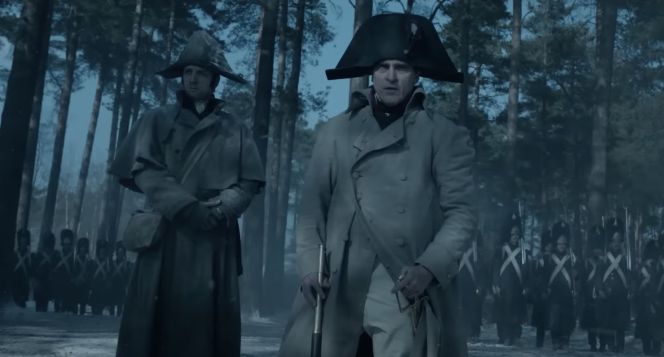
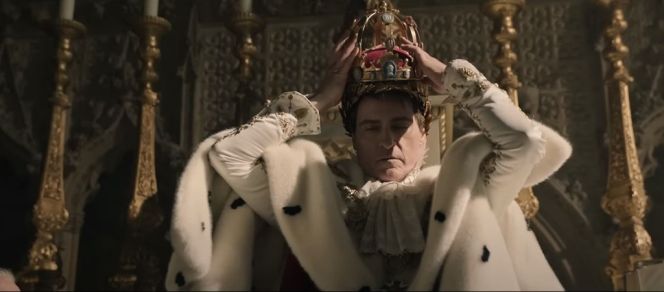
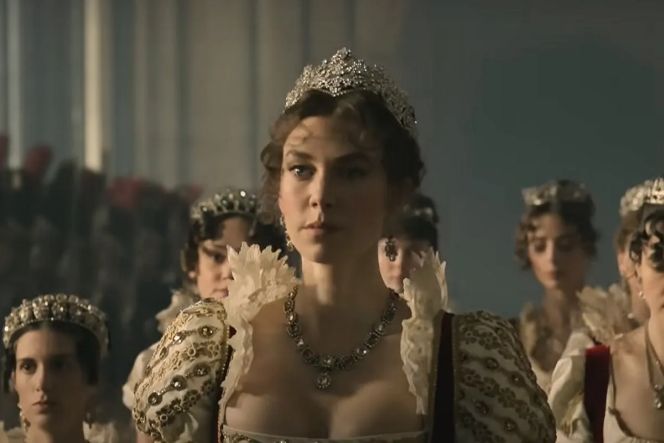
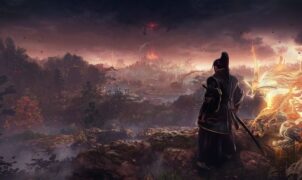







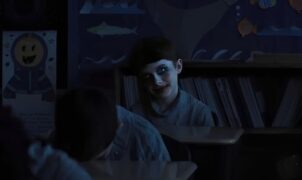

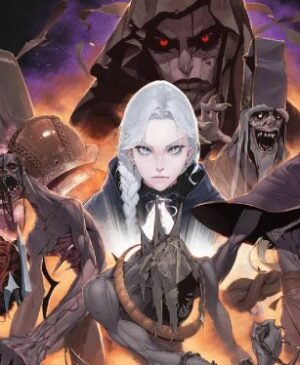
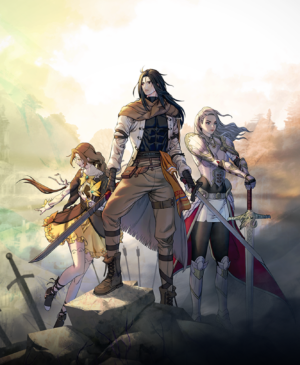
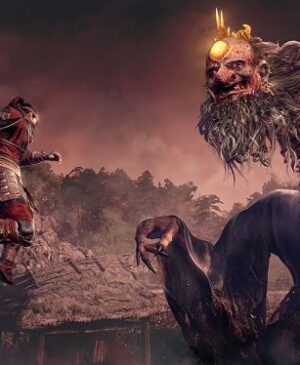
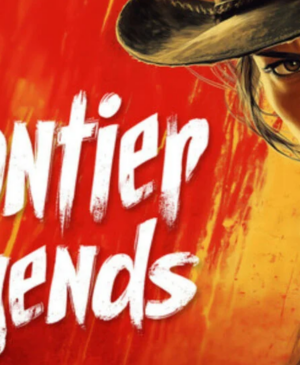
Leave a Reply